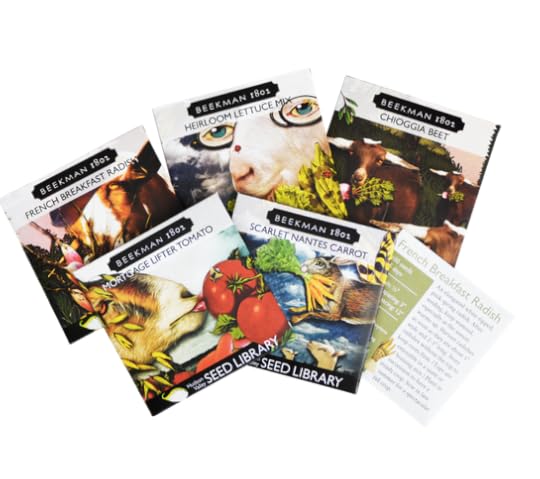Josh Kilmer-Purcell's Blog, page 28
March 16, 2016
Cuba Trip of a Lifetime: The People
We’re all neighbors.
Meet the American and Cuban neighbors who were part of the Beekman Trip of a Lifetime.






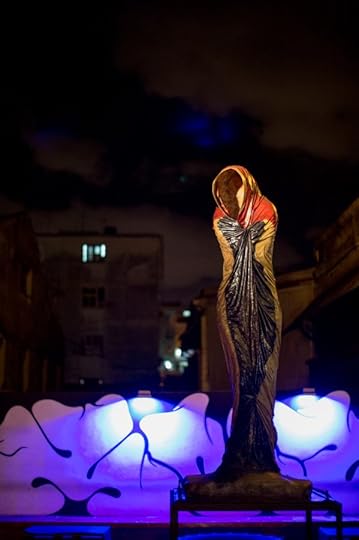

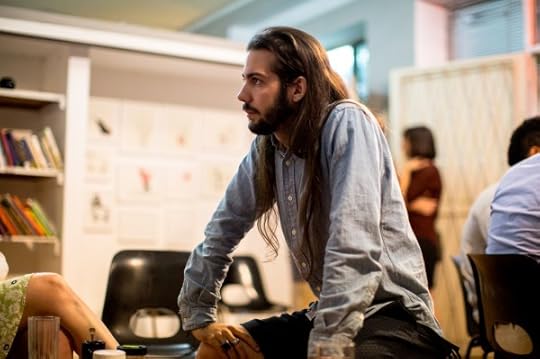
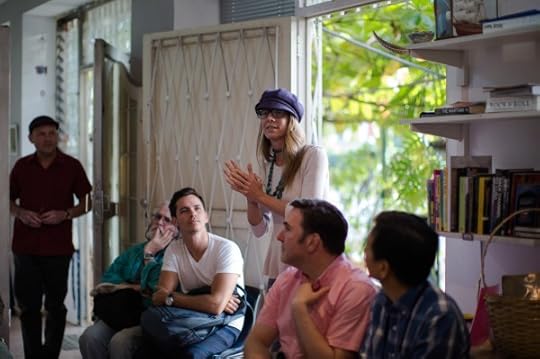
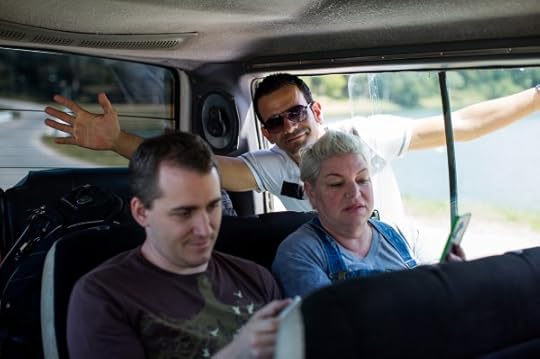

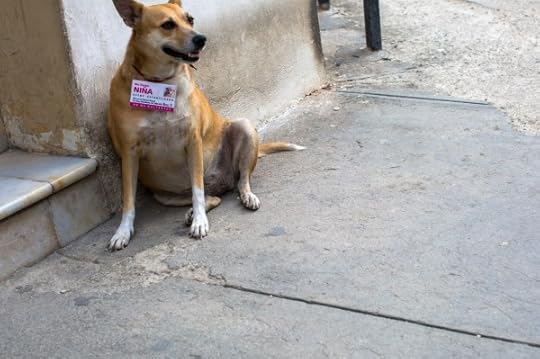




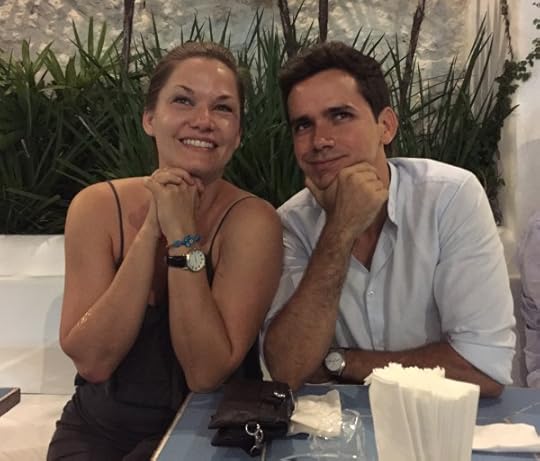

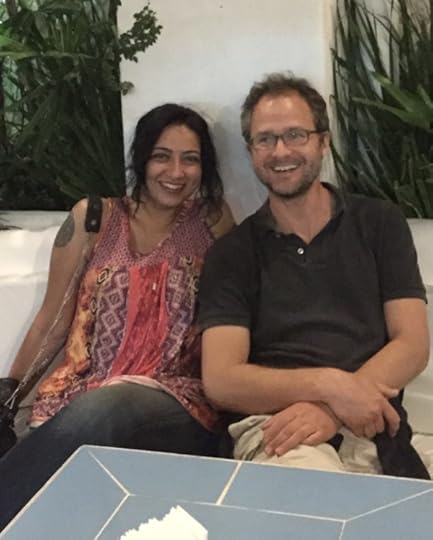

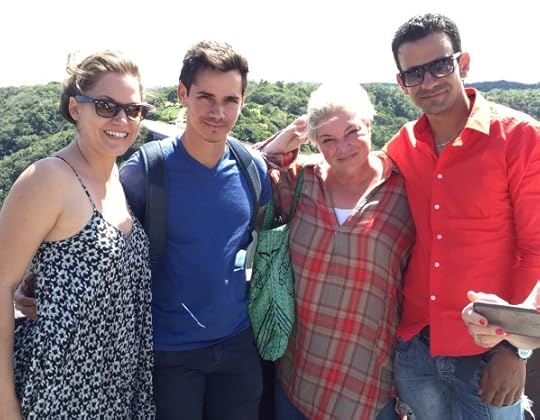



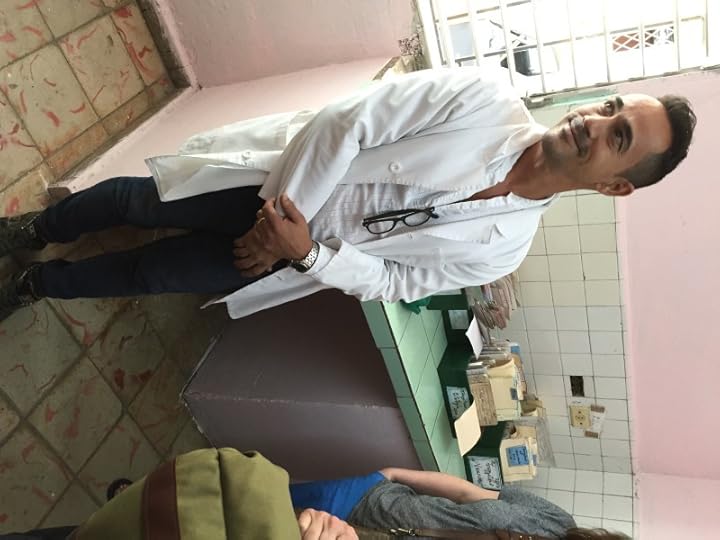
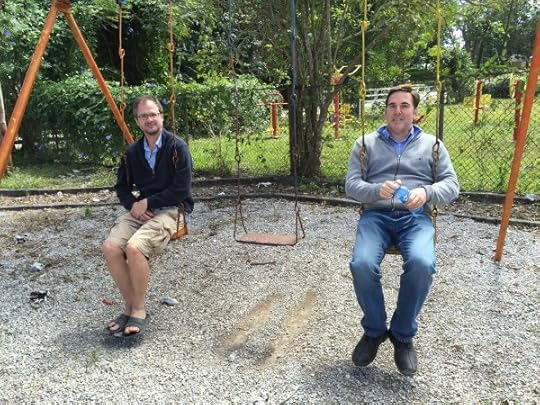







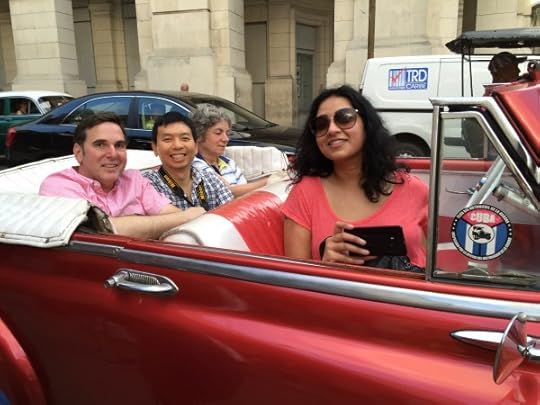



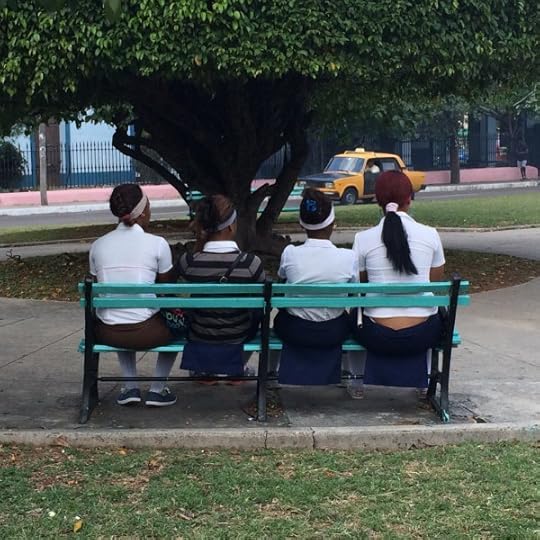





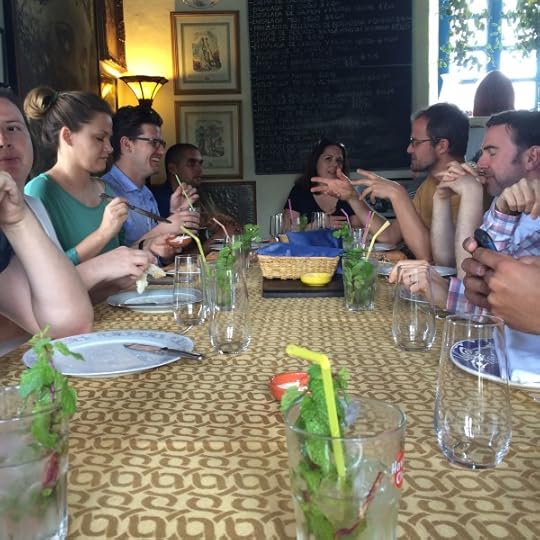


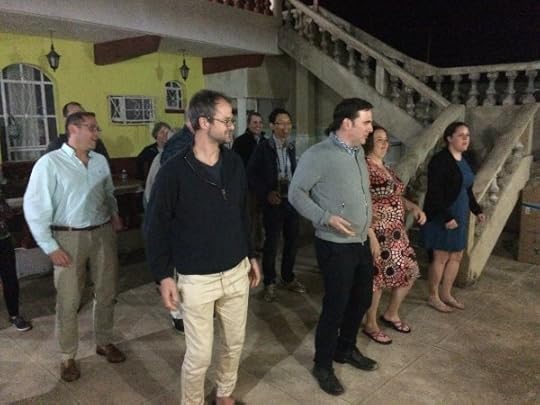


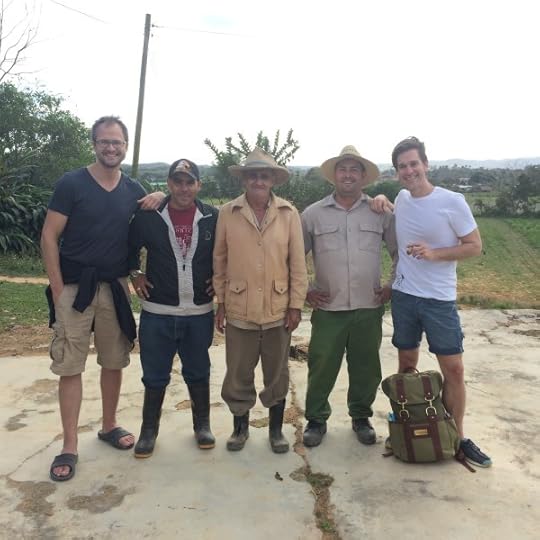



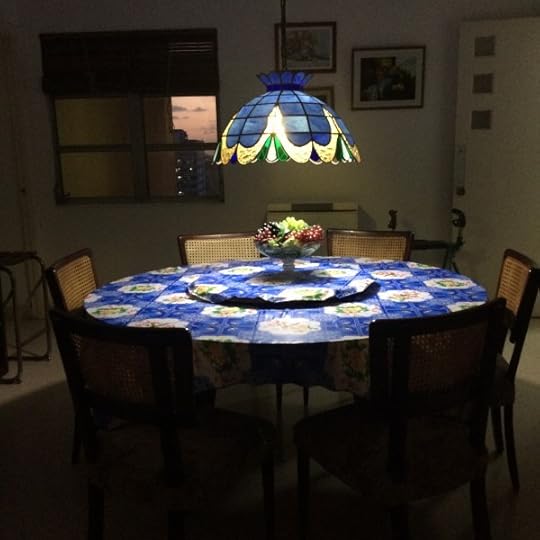




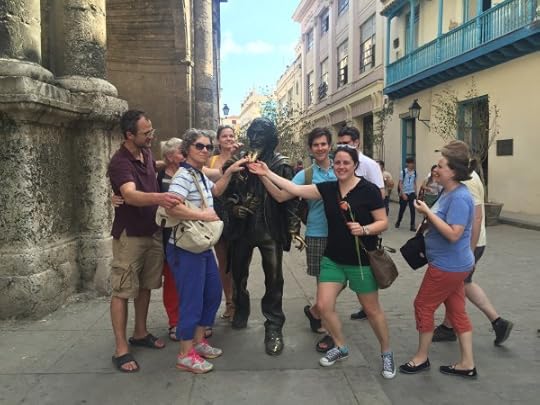


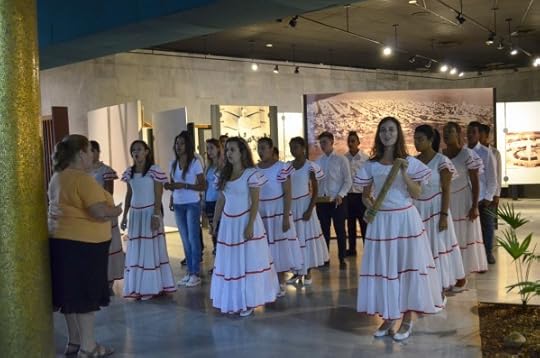


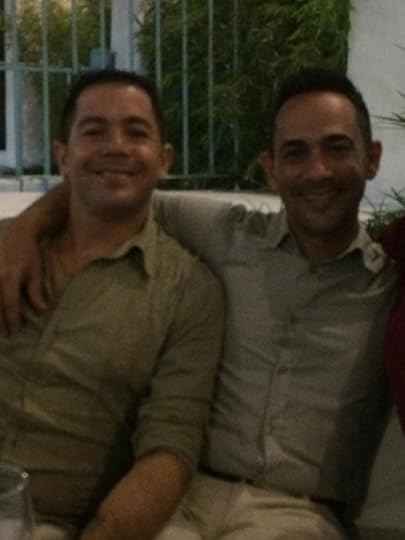

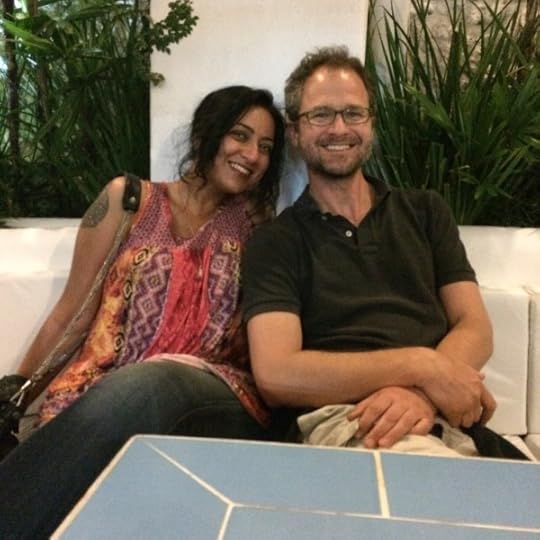

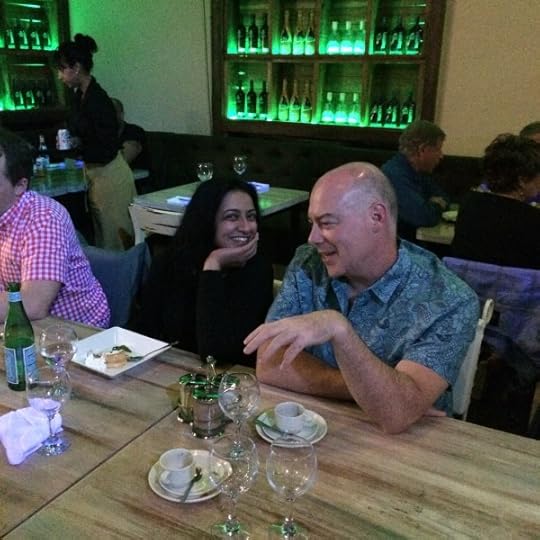

<
>
Cuba Trip of a Lifetime: The Government
It’s impossible to accurately describe the state of politics and government in Cuba after having visited a mere week. But we were surprised at many things we found. We had expected citizens to be shy about criticizing their government, but most complained about politics just as readily (and often!) as Americans do. While Cuba is a communist country, information is not restricted…most everyone has access to the internet who wants it. And while some protestors are still jailed for anti-revolutionary activities, government crackdowns are getting rarer and rarer.
Cuba has much to be proud of. A national literacy campaign in the 1960’s led to Cuba being the first Latin American country with a 100% literacy rate. Their medical establishment is renowned world-wide, having developed a vaccine for lung cancer and anti-diabetic medicines that will hopefully reach the U.S. soon. Life expectancy is 4 years longer than the U.S. And there are no widespread narcotic problems, reportedly due to strict border controls and stiff penalties.
However, the country’s infrastructure is still crumbling. After the collapse of the U.S.S.R., Cuba had no global benefactor to help supply it with goods and financing. These difficult years were dubbed “The Special Period.” The socialist approach to governing means that while there are far less homeless and hungry than in the U.S., there are still far more civilians living in relative poverty. Both the socioeconomic highs and lows are not as pronounced as they are in America.
While much is changing every day in Cuba, we don’t want to diminish the struggle of dissenters. Many people and families have suffered greatly over the last 60+ years. It is our hope, though, that the compromises and progress made by both sides continues peacefully and prosperously. We will all grow better together than opposed.
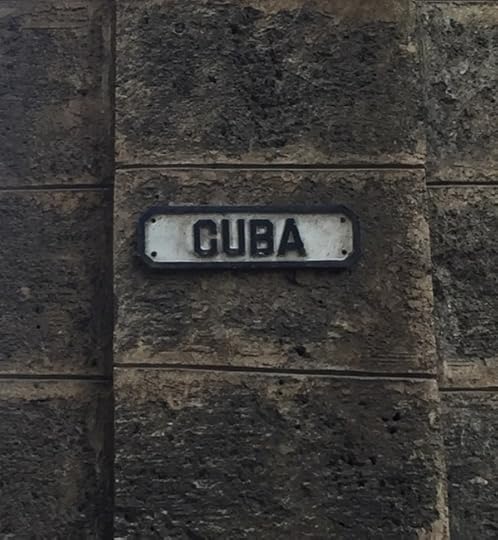







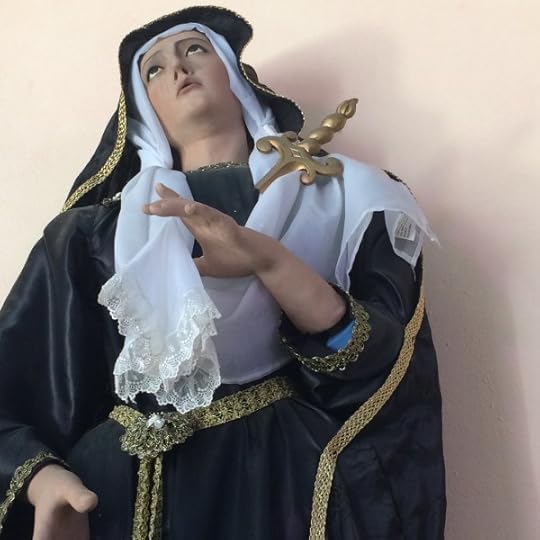

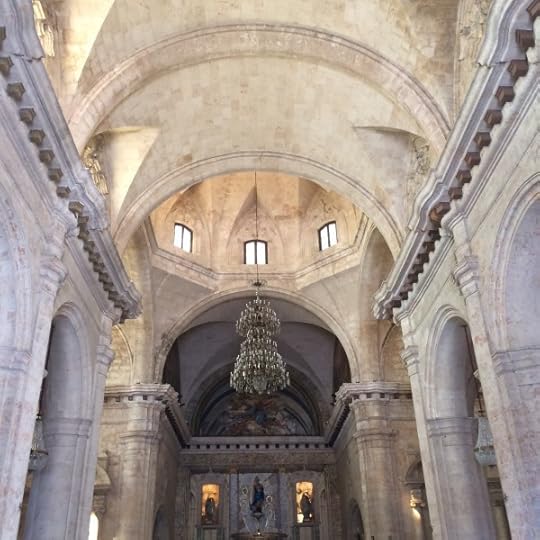






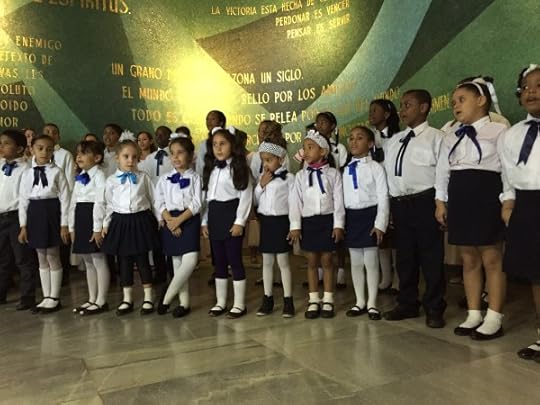
<
>
March 14, 2016
It Starts with Successful Farming
Better Homes & Gardens, Everyday with Rachael Ray, Eating Well, and Martha Stewart Living are all award-winning magazines that are produced by the publishing powerhouse, Meredith Corporation. And Meredith is the company that had the vision to help us create the Beekman 1802 Almanac (which was named the hottest new magazine of 2016 by AdWeek). It’s a good lineage!
We recently toured the headquarters of Meredith Corp in Des Moines, Iowa. Take a look with us and learn more about one of the most storied companies in American history:














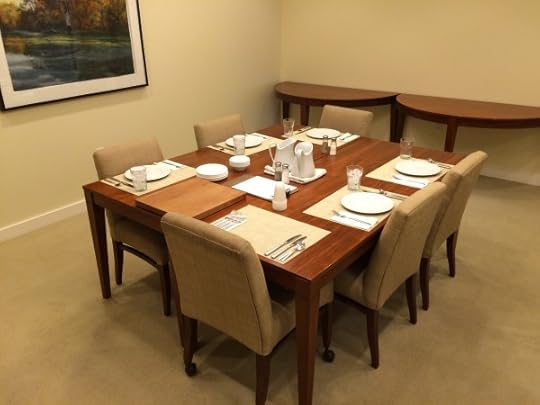










<
>
To get an autographed copy of the premier issue of the Beekman 1802 Almanac, click here
March 10, 2016
Blue Ribbon Contest
Can you earn a blue ribbon? This gardening season we are going to have our own “Country Fair” right on Facebook. If you are growing out one of the seeds from our heirloom vegetable seed collection, as you start harvesting this summer take a picture of your prized specimen. Someone will get a ‘Blue Ribbon” that only Beekman 1802 can design. We’ll remind you when to start submitting your pictures, but go ahead and get your seeds now by clicking right here and get that green thumb dirty!
February 19, 2016
Five Beautiful Things
Painted Ladies
San Francisco based artist Rebecca Szeto finds the instruments of art as intriguing as art itself. Inspired by the paintings of the Baroque and the Renaissance, Szeto carves the handles of used paintbrushes into female figures, bringing the subjects of some of the world’s most famous paintings to life on the surface of the brush itself. The effect is surreal and beautiful. Click here to visit her website and learn more about her work.
February 10, 2016
Five Beautiful Things
Wigging Out
Russian artist Asya Kozina combines her love of fashion history and paper craft in her series called “Baroque Paper Wigs.” Inspired by the poufs of Marie Antoinette and the hairstyles of other historical women from the Baroque and Victorian eras, Asya uses paper to recreate and re-imagine these intricate coiffeurs. Below are five examples from the series. “This is art for art’s sake aesthetics for aesthetics — no practical sense, but they are beautiful,” she says. “Iin this case, paper helps to highlight the main form and not to be obsessed with unnecessary details.” Below are five examples from the series.
February 4, 2016
Five Beautiful Things
Life Finds a Way
San Francisco-based muralist and artist Mona Caron believes in the power of resilience, both in nature and in the human spirit. Many of her murals depict plants and flowers in deep urban settings, serving as a reminder of Mother Nature’s constant presence and offering symbolic hope to anyone who may feel downtrodden or lost. Within each mural are countless details that are not always visible from afar, many of them chronicling historical facts about the city or the very location of the mural itself. Rich with symbolism, her murals are always bright and hopeful despite their sometimes ruinous settings.
Mona has murals around the United States and around the world: Brazil, Bolivia, Switzerland. Her work has also been commissioned by numerous non-governmental organizations around the world who are seeking to raise awareness about environmental issues, farmers’ rights and the fair-trade movement. Below are five examples of her murals. Click here to see more of her work.
February 3, 2016
The Winter Chatter
We’ve lobbied really hard for Garrison Keillor to give up life in Lake Wobegone and move to Sharon Springs, but thus far he has not answered our letters or returned our calls.
Sharon Springs has beautiful people and above-average children, too, so on to Plan B.
What is a small town village without a small town paper to keep track of what everyone is doing?
Nancy Pfau, the town historian, is now editor of our own little paper.
Each month you can check back here for a new issue and follow the lives of the real village people. If you pay a real visit, you may even want to submit a story idea of your own!
You may not live in small town, but at least you can pretend.
Read what has us all chattering this winter…
January 27, 2016
Five Beautiful Things
The Glass is Always Greener
When I first became aware of the glass botanicals collection at Harvard University, I remember marveling at the intricacy and beauty of these creations. It seemed extravagant to me that a university would commission a collection of glass plants and flowers – more than 4,000 pieces, representing more than 3,000 plant species – and yet during the late 1800s, when the commission was undertaken, they were necessary for the year-round study of plants and flowers from around the world.
At a time when only botanical paintings and crude papier-mache models were available for study, the glass models were anatomically correct and life-size, made with intricate details and colorings. Constantly in bloom and always thriving, the glass botanicals enabled botany students to examine the details of thousands of plants at any time of year.
The commission was sponsored by Mrs. Elizabeth Ware and her daughter Mary Lee Ware, American aristocrats who paid for the creation of these works. The artists who made them, Leopold and Rudolf Blaschka, a father-and-son team working in Dresden, Germany, were considered to be the finest glass artisans in the world. Their lineage of jewelers and glassmakers traces as far back as the fifteenth century. Working between 1887 and 1936, the Blaschkas devoted decades to the creation of thousands of specimens for this commission.
The collection is available for public viewing but the museum where they are displayed at Harvard is currently undergoing renovations to better enhance the viewing experience. To learn more about the glass botanical collection at Harvard, click here. Below are five examples.
January 23, 2016
Five Beautiful Things
Light is but a Dream
How many of us made shadow puppets with her hands when we were young? Most of us, I’m sure. I remember being thrilled by the shadows of rooster heads and butterflies that I could make with my hands simply using a concentrated beam of light from a desk lamp or flashlight. Italian artist Fabrizio Corneli takes the concept to a level of artistic genius. Using mathematical equations and geometry, Corneli creates perfectly-engineered vessels through which light passes to cast detailed shadows of the human form, complex patterns and scenes. In a well-lit space, the vessels look like triangular, rectangular or circular ornaments – plain and unremarkable. When the room is darkened and light is projected through the vessels, however, the life force contained within the vessels bursts onto the wall in splendid form. Below are five of his shadow projections. Visit his website to learn more.

